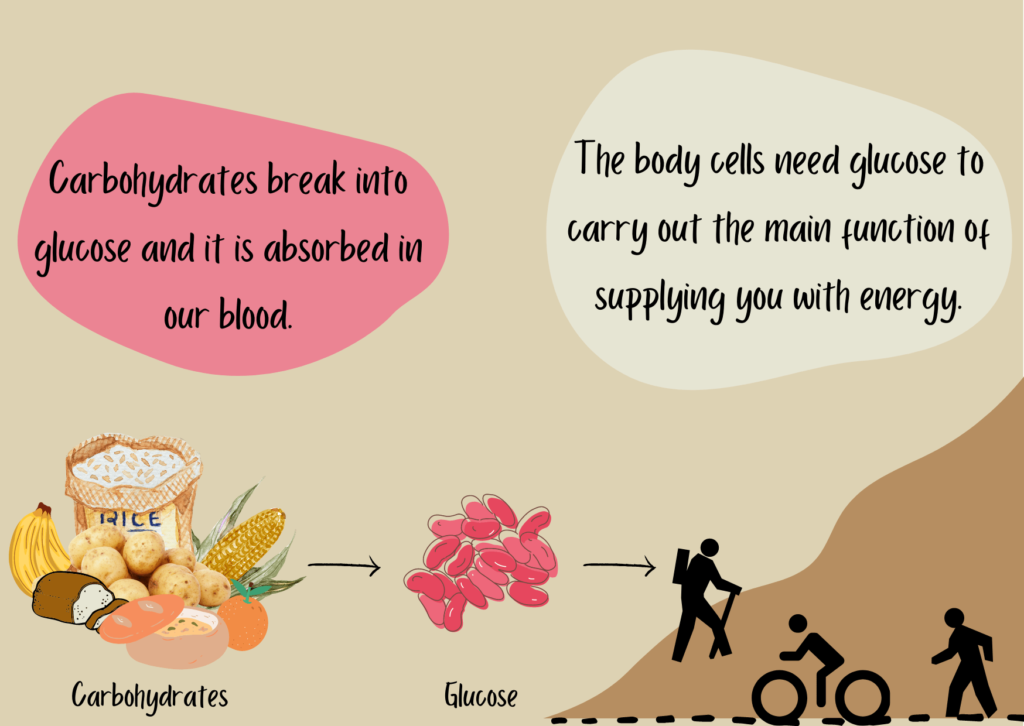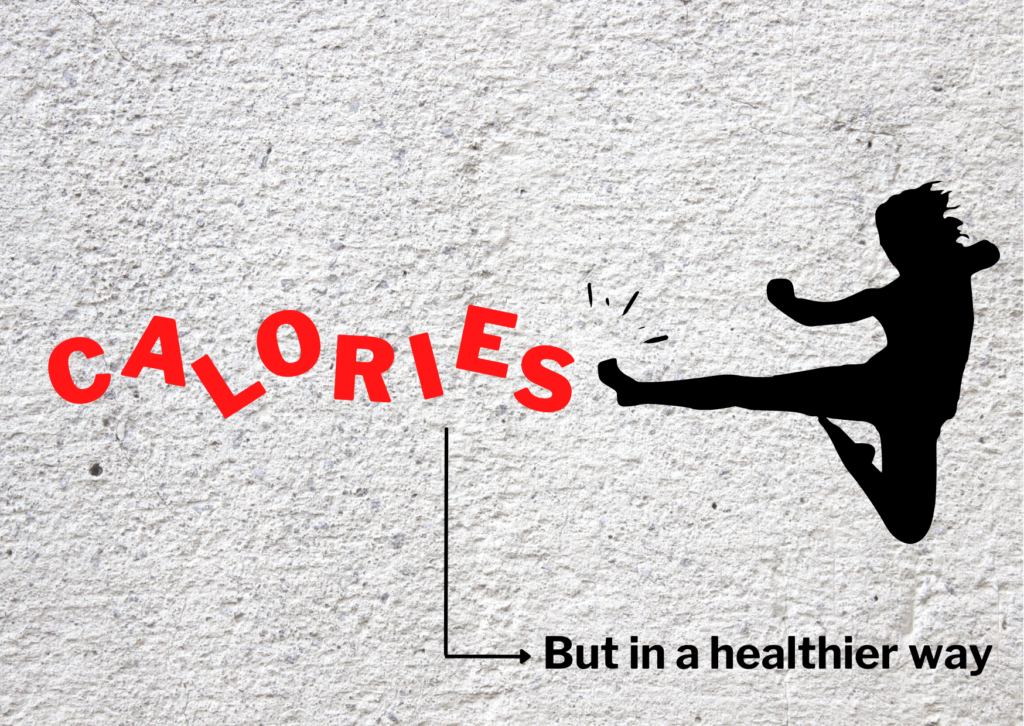Carbohydrates are the most talked about topic in the food industry. When one thinks about losing weight, one is recommended to have a low-carb or a no-carb diet. But, is this correct? We think twice before making an important decision, then why not think twice about having a proficient diet?
The balanced diet concept has been taught to us in school, but still, we forget to apply the concept in real life. Where did the idea that “carbs are not good for health” or “eating carbs will hinder your weight loss” come from? Nowadays, society has certain irrelevant standards about body types and weight. One has to fit in a ‘certain type’ to look approachable. These assumptions are absolutely false, and they make us doubt ourselves. As a result, we try to go on low-carb or no-carb diet and force ourselves to eat, sleep and behave a certain way. Not eating right or eating as little as possible can take a toll on your body and health.
The main idea about eating carbs is that you get energy to do your work. Carbohydrates are macronutrients which are very much important for your body. Macronutrients are from which we get most of the energy and what we consume the most on a daily basis.

The most asked question to ourselves is “why are carbs important”? Let me tell you, there are many reasons out of which the most important are:
- Carbohydrates are one of the main sources of energy for your body. They are broken down into glucose and it is absorbed in our blood. The body cells need glucose to carry out the main function of supplying you with energy. Just as a vehicle needs petrol to power it, we need fuel to power through the day. And the same fuel/energy is given mainly by the carbohydrates we eat. The excess or unused glucose is then converted into glycogen and stored in the liver. Whenever you fast, or don’t eat for a long time, this excess glycogen is converted back into glucose and helps to supply us with energy.
- Fiber intake is very important for our body. As fiber cannot be broken down into sugar, it passes undigested through the body. It helps manage the use of sugar by our body and keeps blood sugar in check. Fiber helps in healthy bowel movement and reduces the risk of constipation. Some foods with essential carbs and fiber are apples, sweet potatoes, berries and bananas. Also, some forms of fiber have shown to reduce cholesterol levels. Fiber rich foods like oatmeal sprouts helps lower blood cholesterol levels, reducing any risks. Research also shows that high fiber diets can reduce risk of type 2 diabetes and cardiovascular diseases.
- Calorie is the favorite word of many dieticians, stating that high calorie foods are not good for you. But certain carbs contain fewer calories. Also, with less calories, it substitutes sugary/fatty foods and helps in making us feel full after a meal. Subsequently, as you’re full, you even tend to snack less.

Now, the most vital question is “Should I proceed to cut out carbs from my diet”? In the absence of carbohydrates, your body will use protein and fats for energy. Carbs are fast-acting and release energy as soon as they are consumed. The energy that is produced by fats and proteins is not enough compared to the energy given by carbohydrates.
Replacing carbohydrates with fats can increase your risk of contracting a heart disease due to raised levels of cholesterol. Also, when your body does not have enough carbohydrates, it breaks down fats. Fats breakdown to form ketones and excess breakdown will get you Ketosis. When your body is in ketosis, the pH of your blood is lowered and this affects your bone density. A ketogenic diet for extended periods of time is known to be a precursor for osteoporosis.
Even a protein diet is not a good option, because less or no carbs cause low energy levels. Your kidneys cannot eliminate a lot of protein and thus it can cause kidney dysfunction. Also because of ketosis, the blood turns acidic and hence produces more uric acid. This can further lead to formation of kidney stones.
Eating the right carbohydrates which provide energy and nutrition is pivotal for your body. Eating starchy and fiber carbs is better than eating sweet carbs. You can incorporate bread, rice, vegetables, cereals and grains to fulfill the need of starchy carbs. Berries, oranges, oatmeal, beets and quinoa can attain the need of fiber carbs. A well-balanced diet allows all of this to be incorporated in your meal.
Sometimes while trying a no-carb or low-carb diet, people feel weak or faint because of less carbs and in turn less energy. Cutting down carbs will not give you a low-calorie diet. Instead, you will not feel full and keep on snacking, sailing away from your goal of weight loss. The Carb and Energy equation is such that one fulfills the need of another.
Disclaimer:
This article is written to talk about the new age diets and their effects. In no way does the writer want to shame anyone or question their personal choices. This article is not meant for any medical diagnosis.
Sources used:
https://www.nhs.uk/live-well/healthy-weight/why-we-need-to-eat-carbs/
. . .
Writer

Gargi Phadnis
Gargi a student of class 11th, currently pursuing her high school education. She has always believed that everything related to us is connected to the universe in many ways. She is fascinated by human anatomy and genetics and wishes to know more about it. Gargi also wishes to dive deeper to understand how to interpret the human mind. She wants to pursue a career in medical science while balancing her love for writing. She says, “I would love to enthrall everyone with my quirky thoughts, penned down.”
Illustrator

Urja Kuber
Co-founder and Director of Website Development and Logistics, The Science Paradox
